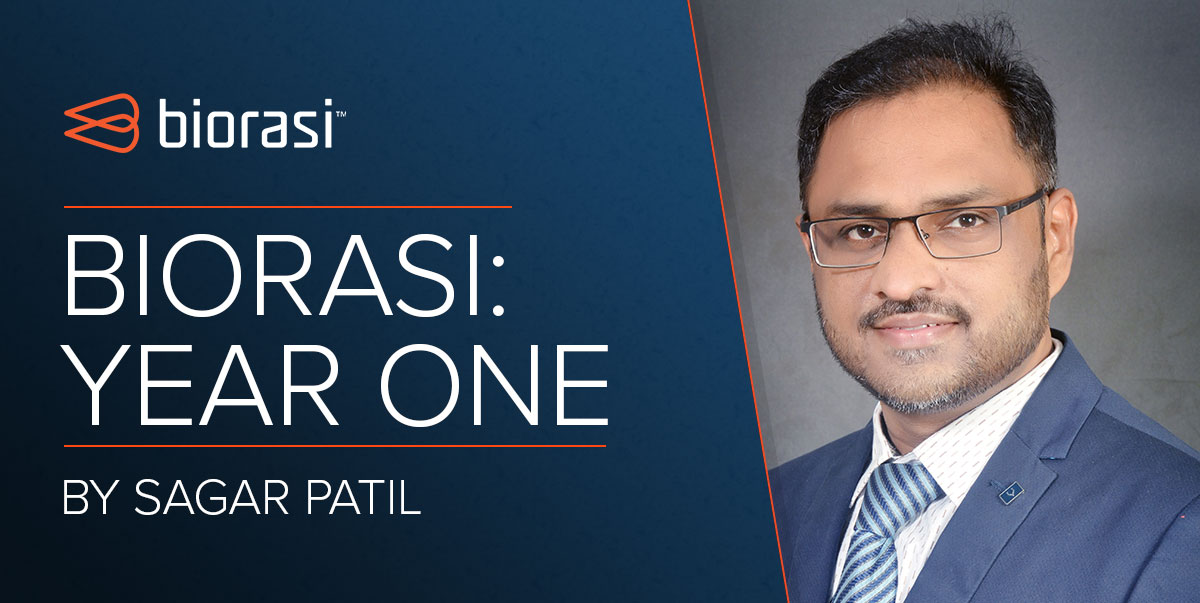The principal investigator (PI) plays an important role in a clinical trial, regardless of therapeutic area. When conducting complex dermatology clinical trials with difficult to treat, rare, or complicated skin conditions, the study’s success or failure can often hinge on the relationship between the PI and patients. In these challenging dermatology indications, the experience of the investigator can supersede the value of high enrollment numbers.
The role of the disease detective in allergic contact dermatitis
It takes detailed detective work to diagnose and treat a condition such as allergic contact dermatitis. Allergic reactions such as rashes often don’t appear immediately, and they can come from a variety of sources such as from a chemical in a product that a patient has used for years.
Researchers have documented about 3,000 chemicals as specific causes of allergic contact dermatitis. About 25 chemicals cause about 50 percent of all allergic contact dermatitis cases.
To find the needle in the haystack, dermatologists start by taking a comprehensive medical history, gathering information on work environment, hobbies, products used at home, sun exposure, and other criteria. From there, the doctor conducts patch tests, a skin biopsy, scrapings, and/or other tests to identify the allergen.
Patch testing is an extensive process for both the patient and the PI. It involves 3 or more visits for patch test application, removal/first reading, and second reading. PI’s can test for more than 550 different types of allergens and can test approximately 20-30 specific allergens per occurrence of patch testing. While the patch test is ongoing, patients cannot shower or perform activities that cause excessive sweating.
Sites may be suited well for most dermatology studies, but they may lack the specific experience in some of the more challenging indications. Clinical research sites that conduct a high volume of studies in multiple indications may not be the best fit for complex dermatological conditions that require the PI to be a dermatological detective. Careful consideration should be placed in identifying PIs and sites that will be the best fit for the study.
What to look for in a dermatology study investigator
The success of a clinical trial depends largely on the engagement and experience of the PI. In addition to identifying and recruiting patients, site PIs and their teams conduct study procedures, complete study documentation, and retain patients for outcome assessments.
Because a study’s outcome depends on patient recruitment and retention, CROs and sponsors should seek PIs with experience running trials in its specific indication. The PI should also have access to the target patient population. That includes existing patients as well as individuals within the health system or geographical area. CDC reports, medical journal articles, and databases can help determine the area’s patient population.
Selecting a PI goes hand in hand with site selection—another critical component of clinical trial success. Does the dermatologist have the capacity, space, equipment, and staff to conduct a clinical trial? If not, the study risks cost increases, a prolonged start-up timeline, and an increase in overall study timeline.
To find prospective PIs, consider the following resources:
• Journal article authors
• Medical conference presenters
• Clinical trial directories
• Medical association membership directories
• Patient advocacy groups
• Referrals from physicians, colleagues, pharmaceutical sales personnel, and other professional resources
Prospective PIs will ultimately have deep expertise in the specific indication, quality patient relationships, and the willingness to be a long-term dermatology detective. Those qualities increase the likelihood of higher patient recruitment, increased patient compliance, and lower dropout rates, which helps keep costs down.
Engage a CRO as your site navigator
Established CROs have relationships with study sites and investigators in multiple therapeutic areas. Biorasi has extensive site networks in dermatology, neurology, oncology, nephrology, autoimmune diseases, and women’s health. We support our sites both operationally and clinically with professional project managers, site monitors, and skilled clinical teams.
As a dermatology clinical research CRO, Biorasi understands the complexity of skin conditions and diseases. We know it may take years to determine the underlying cause behind certain conditions. A PI willing to take on that detective work will be an invaluable asset to your clinical trial.
References 1. Anderson A, Borfitz D, Getz K. Global Public Attitudes About Clinical Research and Patient Experiences With Clinical Trials. JAMA Netw Open. 2018;1(6):e182969. doi:10.1001/jamanetworkopen.2018.2969





